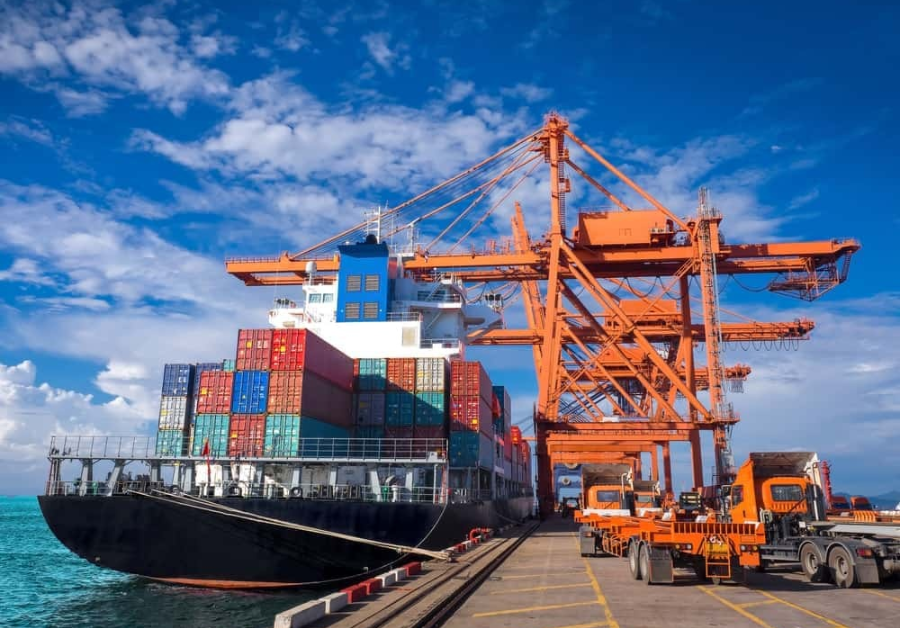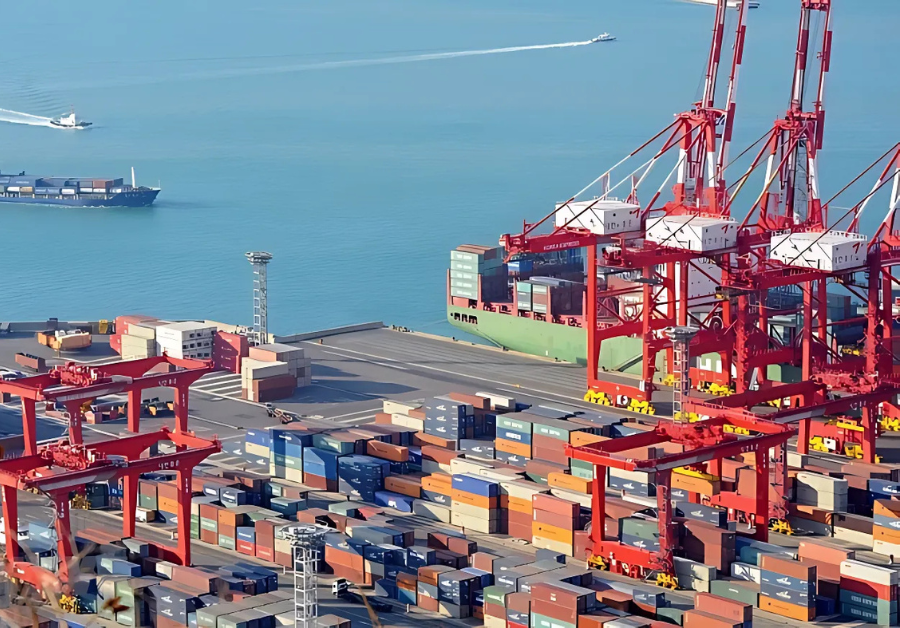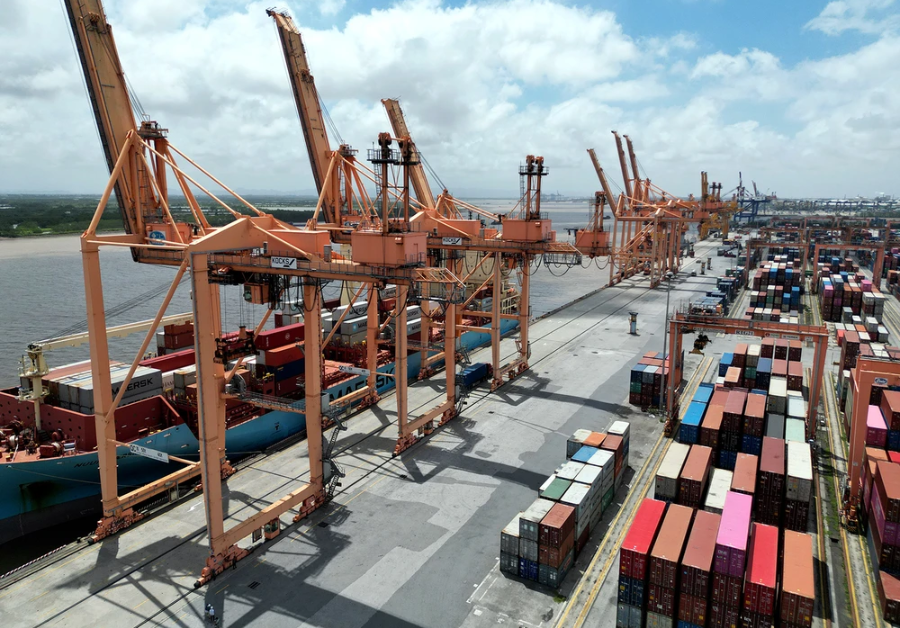What Are Retaliatory Tariffs? Understand Retaliatory Tariffs in 5 Minutes

What Are Retaliatory Tariffs?
According to the Legal Library of Vietnam, retaliatory tariffs are taxes imposed to respond to or offset the effects of unfair taxes, subsidies, or trade policies from another country. In other words, when a country feels it is treated unfairly in international trade, it may impose retaliatory tariffs on imports from that country.
The main purposes of applying retaliatory tariffs are:
Protecting domestic industries: By increasing the price of imported goods, retaliatory tariffs help domestic products become more competitive.
Maintaining fair competition: Preventing unfair trade practices such as dumping or excessive export subsidies.
Adjusting trade balance: Reducing trade deficits and encouraging exports.
Retaliatory tariffs can be applied to various types of goods depending on each country’s policies.

Economic Impacts of Retaliatory Tariffs
Benefits
Protect domestic businesses: Reduce competitive pressure from imports, creating favorable conditions for local enterprises to grow.
Encourage domestic production: Motivate businesses to invest and improve production capacity.
Increase government revenue: Tariffs contribute to state budget revenues, supporting socio-economic development programs.
Negative Effects
Higher prices for consumers: Imported goods become more expensive.
Risk of trade wars: Retaliatory tariffs can trigger cycles of retaliation, destabilizing global trade.
Impact on exports: If trade partners impose retaliatory tariffs on exports, exporters face difficulties.
Strained international relations: Tariffs can complicate diplomatic ties between countries.

Who Is Subject to Import-Export Taxes?
According to the 2016 Export and Import Tax Law, subjects liable for export and import taxes include:
Goods exported or imported through Vietnam’s borders and customs gates.
Goods moved between domestic markets and non-tariff zones.
Goods exported or imported on-site and those handled by enterprises authorized to export, import, and distribute.
However, some cases are exempted from export-import taxes, such as:
Transit, transshipment, or re-exported goods.
Humanitarian aid or non-refundable aid goods.
Goods moving between non-tariff zones or exported from non-tariff zones abroad.
Petroleum used for resource tax payment upon export.

Principles for Issuing Tax Schedules and Rates
The 2016 Export and Import Tax Law also stipulates principles for issuing tax schedules and rates:
Promote import of raw materials and supplies, prioritizing those not available domestically; support development of advanced technologies, foundational technologies, energy saving, and environmental protection.
Ensure alignment with national socio-economic development strategies and international obligations related to import-export taxes.
Contribute to market stability and ensure state budget revenue.
Simplify, publicize, and create favorable conditions for taxpayers while promoting administrative reform in taxation.
Apply uniform tax rates for goods with similar characteristics, structure, function, and technical nature; import tax rates decrease from finished products to raw materials, while export tax rates increase from finished products to raw materials.

Address: No. 14, Street No. 15, Quarter 4 (KP4), Linh Trung Ward, Thu Duc City, Ho Chi Minh City
Phone: +84 968 039 939
Email: info@tanthanhcontainer.com
Website: https://tanthanhcontainer.com/


